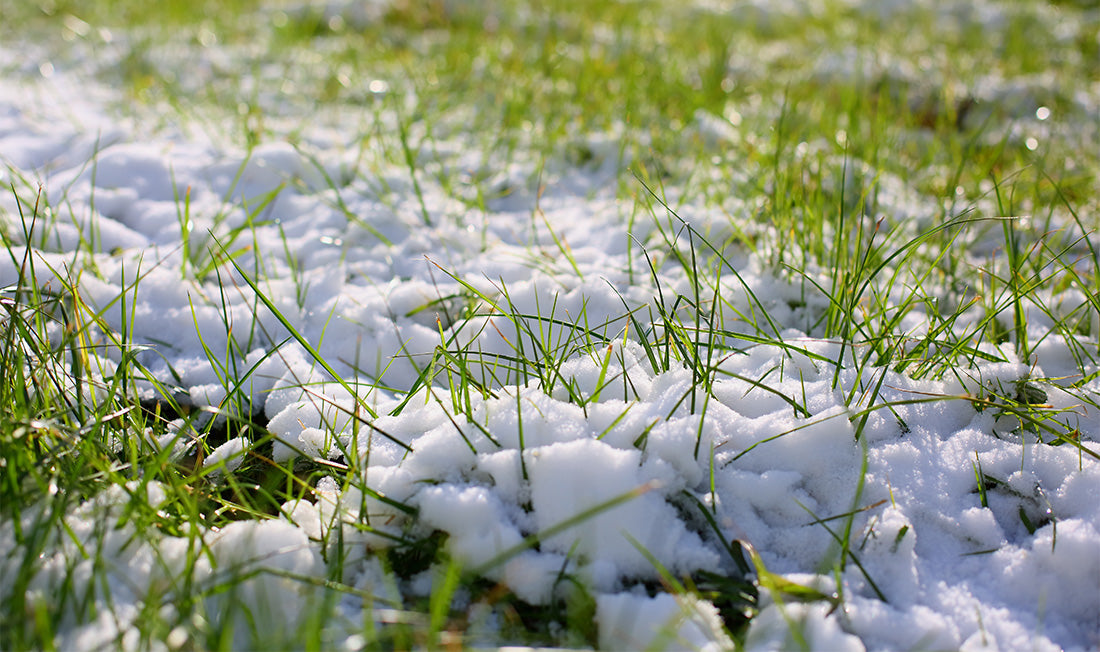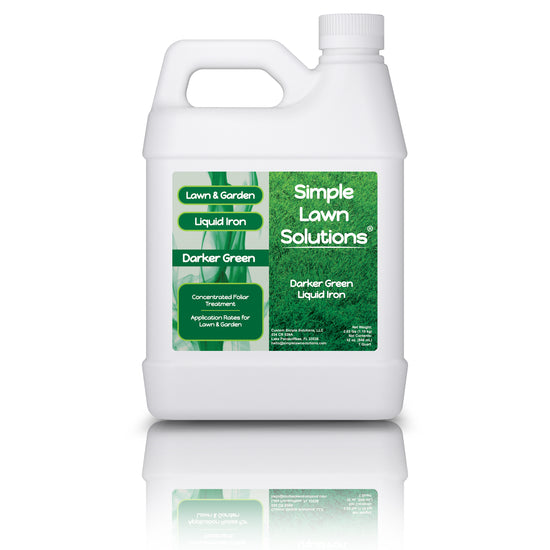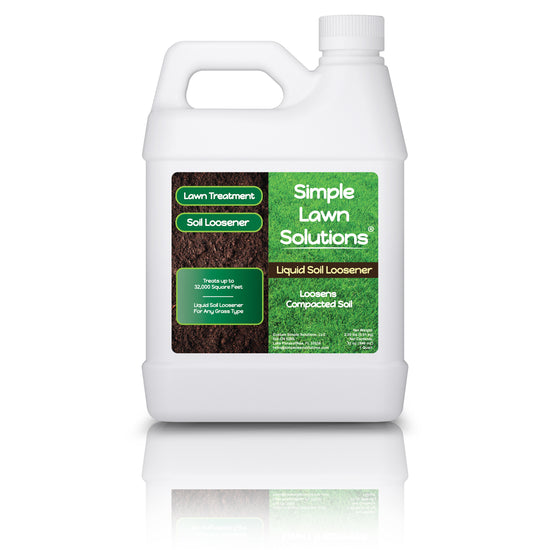Winter weather can bring some unique challenges when it comes to taking care of your lawn. Shoveling the driveway is one thing, but what do you do when snow starts to accumulate on your lawn? Should you remove it, or just let it be? Here are a few things to consider when making your decision.

First, it's important to understand that snow itself is not bad for your lawn. In fact, a layer of snow can actually act as an insulator, protecting your grass from the cold weather. It also helps protect your grass from the harsh, desiccating winds that can result in winter dehydration injury to your cool-season turf.

It’s important to remember that placing excessive traffic from feet or pets on your snow-covered lawn is not advisable. All of this traffic can damage your winter-dormant lawn and the compaction can result in the formation of an icy layer over your grass. If ice remains on top of your lawn for an extended period, your lawn will literally suffocate. Grass needs oxygen to respire in the same way as humans. If an impermeable ice layer builds up, it can cut off oxygen exchange to the soil from the atmosphere. Break up any ice layers that you notice.

If you have a dormant cool-season lawn (you live in the northern half of the United States) please do not apply any products to your lawn at this time. The grass is not actively growing and the roots will not absorb the nutrients, causing your fertilizer application to be a complete waste. Instead, save it for spring, once your lawn has bounced back from the frozen days of winter.
Snow on your lawn can be beautiful but also problematic if it turns to ice. Monitor the height and consistency of the snow on your lawn and take action to remove or break up ice or excessive, extended snow accumulation. We hope this article has given you some insight into how to deal with a snow-covered lawn so you can enjoy the winter season worry-free!









